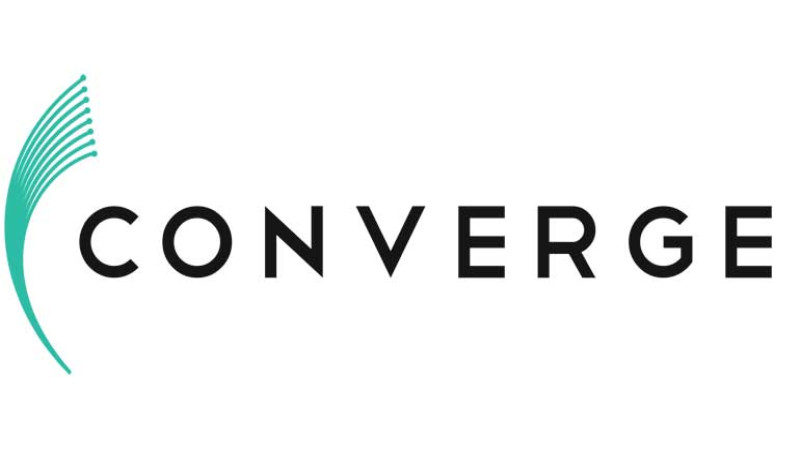When I was still an active churchgoer, my pastor always told me that money cannot buy happiness. He would open his worn-out King James Bible and quote Ecclesiastes 5:10 which says, “He that loveth silver shall not be satisfied with silver; nor he that loveth abundance with increase: this is also vanity.” At some point, I agreed with this. But not anymore.
In today’s economy, where inflation soars, reality has hit me that I need money to survive, or at the very least, pay for a valuable experience. Don’t get me wrong, who would not want to spend their honeymoon in Siargao or taste a Beluga caviar from a 5-star Michelin-starred restaurant? Or perhaps have access to a quality education from a prestigious university like Harvard or Stanford?
Of course, these are the kinds of luxuries one desires. However, in terms of practicality, money gives us access to safer homes, everyday meals, and better healthcare. Meeting these needs is essential to well-being, not only to ourselves but to the community we belong to.
In his hierarchy of needs theory, Maslow suggests that in order to reach happiness, one must reach the top of the pyramid. Yet that is easier said than done. One must satisfy their basic needs (first level), preoccupy themselves with physical and psychological safety (second level), create connections (third level), and invest in experiences (fourth level) to reach self-fulfillment (fifth level). Now the problem lies in the question of whether one has the “means” to attain these levels considering that most Filipinos are now grappling with high rice prices. Not to mention that 43% of Filipino households described themselves as food-poor in the second quarter of 2023, according to the OCTA research survey.
In 2010, Nobel-prize-winning economist Daniel Kahneman and his colleague Angus Deaton from Princeton University revealed in their research that day-to-day happiness increased as annual income increased, but “there is no further progress beyond an annual income of ~$75,000”. However, in 2021, Matthew Killingsworth from the University of Pennsylvania found that “experienced well-being rises with income, even above $75,000.”
People with enough resources already no longer feel the need to be stressed out to pursue pleasurable activities. I would be very happy to hire a personal driver to fetch me on my solo Bolinao trip yet doing so would only exhaust my pocket so I had no other choice but to commute. In short, more money equals more satisfaction.
One might argue that the best gifts in life are not physical. But Elizabeth Dunn and his colleagues made some points in their paper titled ‘If money doesn’t make you happy then you probably aren’t spending it right’. They suggest that instead of buying more material goods, one should invest in experiences and use their money to benefit others rather than themselves.
At the end of the day, it does not really matter how much money you have stored in your bank accounts. But money, according to Killingsworth, is just one of the many determinants of happiness. It is up to us how will we utilize it to live a satisfied life. By Rahndal Rico
















